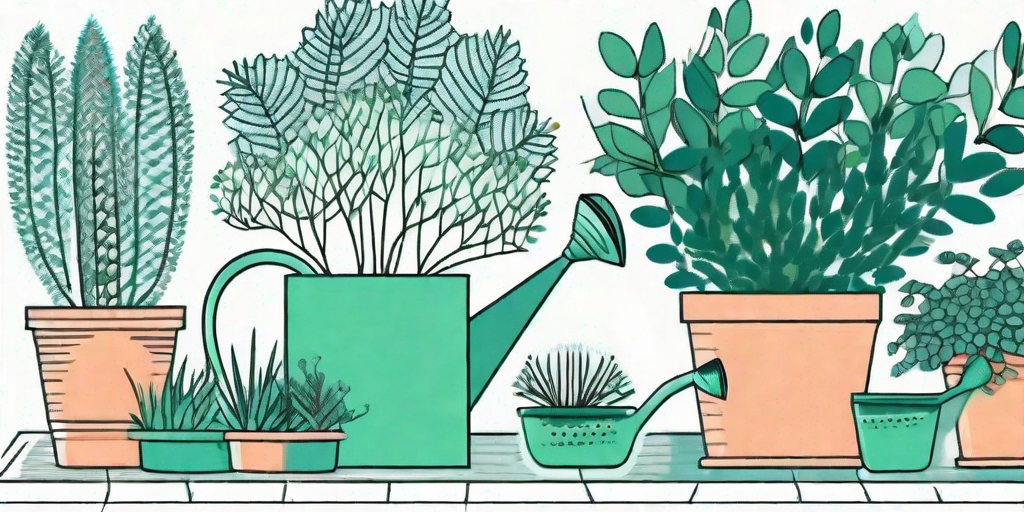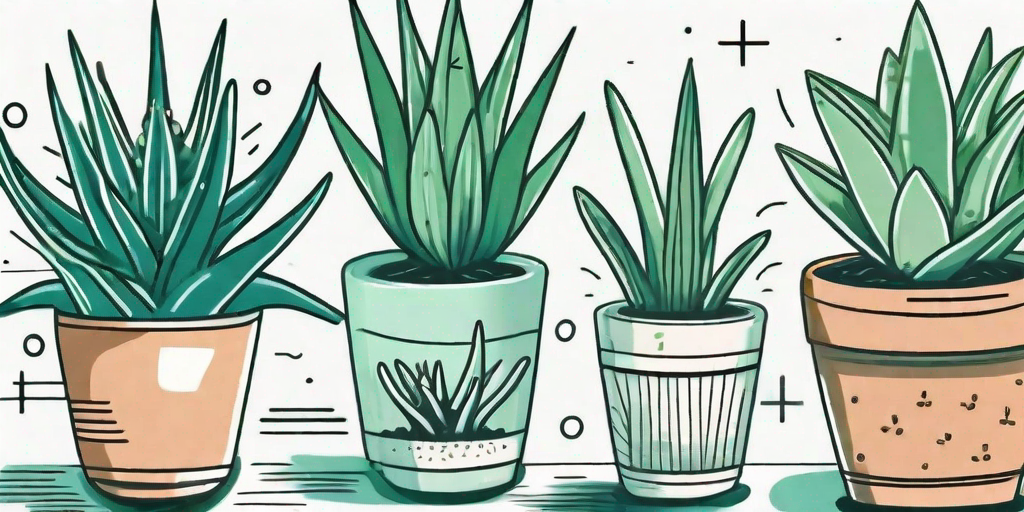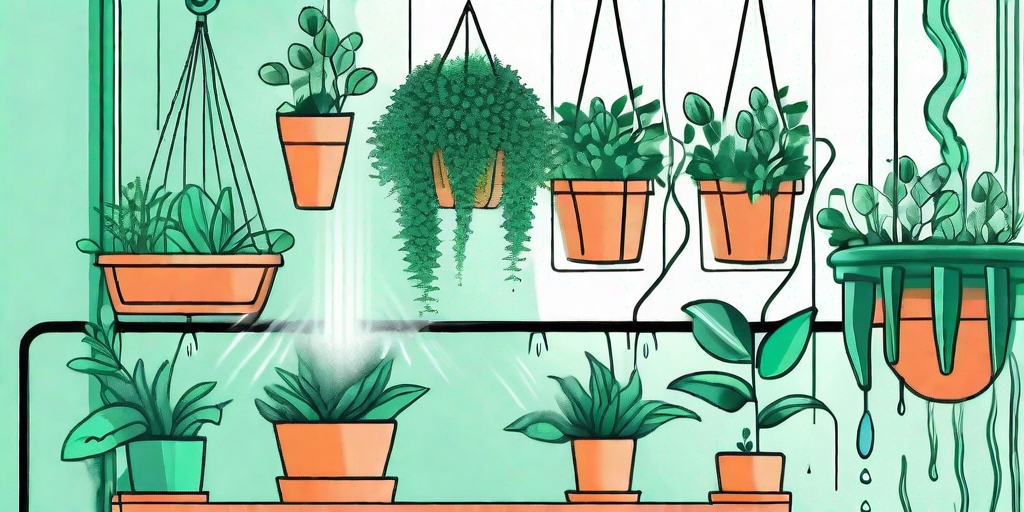
Welcome to the world of Aloe Vera, the spiky, green wonder that's not just a pretty face but also a powerhouse of health benefits. But, like any other living being, your Aloe Vera needs some TLC to thrive. So, let's dive into the nitty-gritty of feeding your Aloe Vera and uncover the secrets to a flourishing plant.
The Basics of Aloe Vera Nutrition
Before we get into the specifics, let's set the stage with some basic knowledge. Aloe Vera, like all plants, needs three primary nutrients: Nitrogen (N), Phosphorus (P), and Potassium (K). These nutrients are often referred to as NPK and are vital for your Aloe Vera's growth and health.
But wait, there's more! Aloe Vera also needs a mix of secondary nutrients like Calcium, Magnesium, and Sulfur, and trace elements like Iron, Manganese, Copper, Zinc, Molybdenum, and Boron. Now, before you start panicking about having to remember all these elements, relax! Most commercial plant foods will have a balanced mix of these nutrients.
Understanding NPK Ratios
When you're browsing for plant food, you'll often see three numbers on the packaging, like 10-40-10. These numbers represent the NPK ratio. The first number is Nitrogen, the second is Phosphorus, and the third is Potassium.
Aloe Vera prefers a low Nitrogen and high Potassium diet. So, look for a plant food with a lower first number and a higher third number. A ratio like 10-40-20 would be ideal.
Feeding Your Aloe Vera: A Step-by-Step Guide
Now that we've covered the basics let's get down to business. Here's a step-by-step guide on how to feed your Aloe Vera.
-
Choose a balanced plant food with a suitable NPK ratio. Remember, Aloe Vera prefers a low Nitrogen and high Potassium diet.
-
Follow the instructions on the plant food packaging to prepare the feed. Most plant foods need to be diluted with water.
-
Water your Aloe Vera first before feeding it. This helps prevent the plant food from burning the roots.
-
Feed your Aloe Vera by pouring the plant food into the pot. Avoid pouring directly onto the leaves as this can cause them to rot.
-
Feed your Aloe Vera once a month during the growing season (spring and summer). During the dormant season (fall and winter), you can reduce feeding to once every two months.
Common Mistakes to Avoid
Feeding your Aloe Vera is not rocket science, but there are a few common mistakes that can hinder your plant's growth.
Overfeeding
More is not always better, especially when it comes to feeding your Aloe Vera. Overfeeding can lead to nutrient burn, which can damage your plant's roots and hinder its growth. Stick to the feeding schedule and always follow the instructions on the plant food packaging.
Underwatering
While Aloe Vera is a drought-tolerant plant, it still needs water to absorb the nutrients from the plant food. Make sure to water your Aloe Vera before feeding it to prevent nutrient burn.
FAQs
-
Can I use any plant food for my Aloe Vera?
-
While Aloe Vera is not particularly picky, it's best to use a plant food with a low Nitrogen and high Potassium NPK ratio for optimal growth.
-
How often should I feed my Aloe Vera?
-
Feed your Aloe Vera once a month during the growing season (spring and summer) and once every two months during the dormant season (fall and winter).
-
Can I overfeed my Aloe Vera?
-
Yes, overfeeding can lead to nutrient burn, which can damage your plant's roots and hinder its growth. Stick to the feeding schedule and always follow the instructions on the plant food packaging.
Conclusion
Feeding your Aloe Vera might seem like a daunting task, but with the right knowledge and a little bit of practice, it's as easy as pie. Remember, the key to a thriving Aloe Vera is a balanced diet, a proper feeding schedule, and lots of love.
So, go ahead, feed your Aloe Vera and watch it grow into a green, spiky wonder that not only beautifies your space but also offers a plethora of health benefits. Happy gardening!















